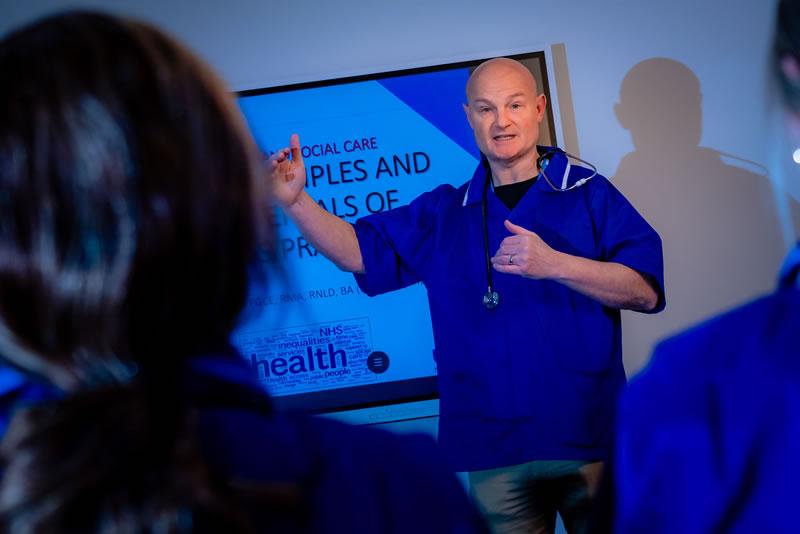
Breaking new ground: the road to apprenticeships for prisoners
John Thornhill, CEO of LTE Group, the UK’s largest social enterprise dedicated to skills, training and education, looks at how collaborative working across the education sector has driven positive policy change in offender rehabilitation.
With the UK economy at close to full employment and a growing number of vacancies in the jobs market coupled with skills gaps in numerous sectors and a shortage of the highly skilled workers that employers need, it has been clear for some time that there is a need for progressive and innovative approaches to address the skills gap.
At LTE Group we are in the position of being able to bring together experts from the full spectrum of the training and skills provision, including further and higher education, apprenticeships and prison education. This makes us uniquely placed to break new ground in the education, training and skills sector and develop cutting edge policy and practice that provides innovative approaches to ensuring that the everyone – regardless of starting point – can acquire the skills they will require to access the economic opportunities available to them and build a brighter future.
Laying the foundations of apprenticeships for prisoners
As an example of this, earlier this year we hosted a roundtable where we bought together key stakeholders from across the prison education sector, including key government decision makers, to look at the future of the sector, including the provision of apprenticeships for prisoners.
This was an area that we had already undertaken some ground-breaking work in through our prison education organisation, Novus, who had been working with our apprenticeship provider Total People to develop a foundation apprenticeship that would enable us to fast-track offenders into sustainable employment upon release.
While we had made significant inroads in developing a programme that was suitable for the custodial environment, it was clear to us that, in order to truly realise the potential of apprenticeships for prisoners that there needed to be change to national policy to ensure that prisoners could access them as a genuine alternative training route while completing their sentence. In our minds there was two core clear benefits to changing legislation to enable offenders proper access to apprenticeships – including for the right profile of offender leaving custody to undertake on the job training.
A blueprint for policy change
First, given that many offenders have low literacy levels, providing them with a ‘hands-on’ alternative has the power to engage offenders in skills and learning in a way that they may struggle to access in a classroom. This more practical pathway will enable more offenders to make the most of their time in prison and ensure that as many as possible are able to gain skills and prepare for a career at the end of their sentence. This not only ensures that sentences are more productive but also benefits society more broadly as research shows that prison education can significantly reduce reoffending rates.
Second, we passionately believe that high quality skills and training is key to solving skills gaps in the economy across the board and that includes equipping prisoners with the skills they need to support the economy upon their release from custody.
With many sectors now having more vacancies than available skilled workers it is vital that every source of potential talent is tapped and we believe that equipping offenders with skills not only supports the economy but breaks the cycle of reoffending. Furthermore, while the uncertainly over what Levelling Up means under the new government, it is worth stressing that if we are to truly ‘level-up’ the agenda has to start by targeting those who are furthest from the labour market if it is to have any meaning/impact. That means providing access to high quality skills and training to as many people as possible – including prisoners.
Turning a vision into a reality
Having invested so much into creating apprenticeships for prisoners over the last twelve months, we are delighted that legislation has now been changed that turns our vision into a reality and that the power of our Group has been so instrumental in bringing about this fresh approach to upskilling offenders.
We are equally proud to be leading on this new change in policy with Novus and Total People working hand in hand to deliver one of the very first prisoner apprentices in partnership with Timpson at HMP Thorn Cross. To be at the forefront of this initiative demonstrates the strength of disparate areas of education working in a collaborative and connected way and provides a blueprint for engineering further policy changes in the future that will further enable these innovative ways of working.








